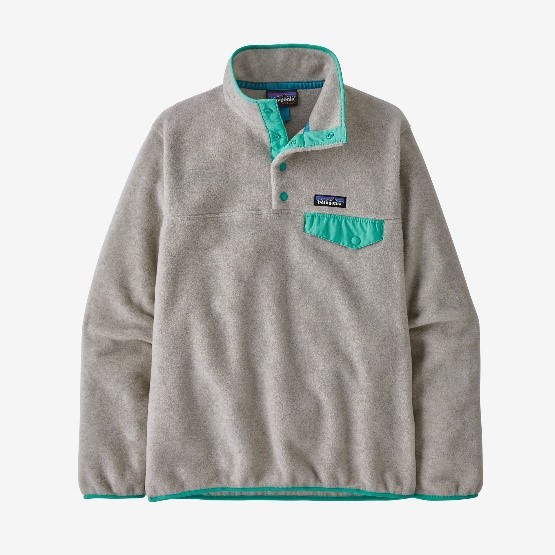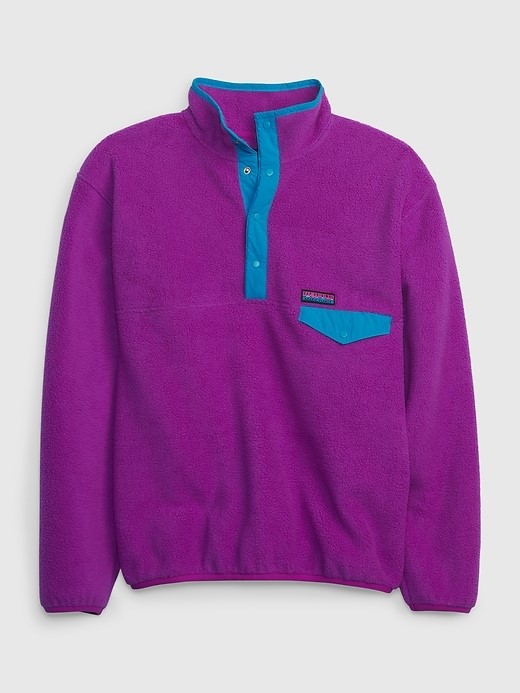Nothing more than Empty Words: The Difficulty with Registering Slogans as Trade Marks in the EU
Companies continue to face difficulties in achieving EU trade mark protection for their slogans. In separate recent decisions of the EU General Court, two trade mark applications relating to advertising slogans were rejected on the grounds that the marks lacked the ‘distinctive character’ required to be registerable under Article 7(1)(b) of Regulation 2017/1001. These two decisions join a long list of case law rejecting similar applications.
Read More



